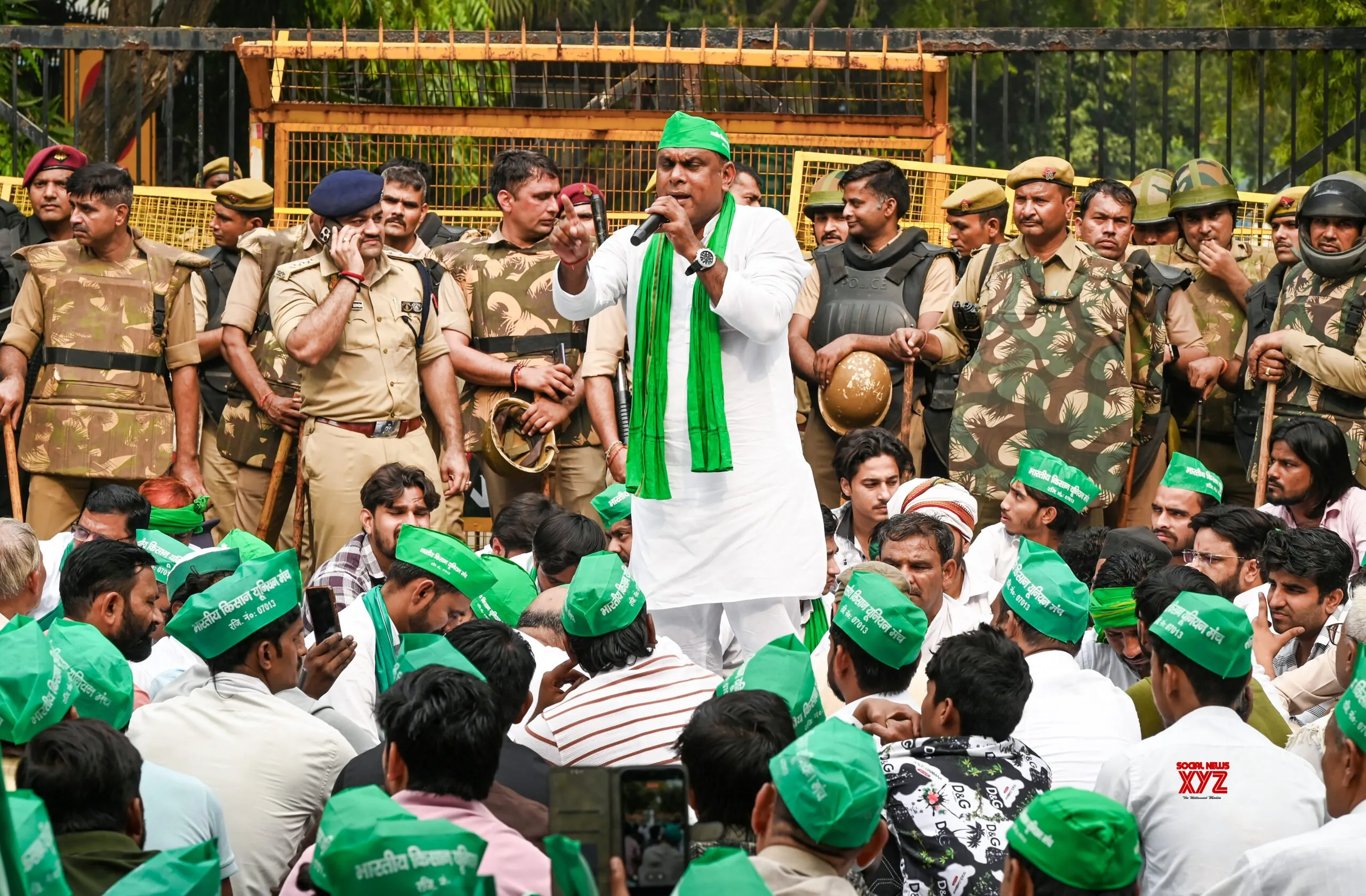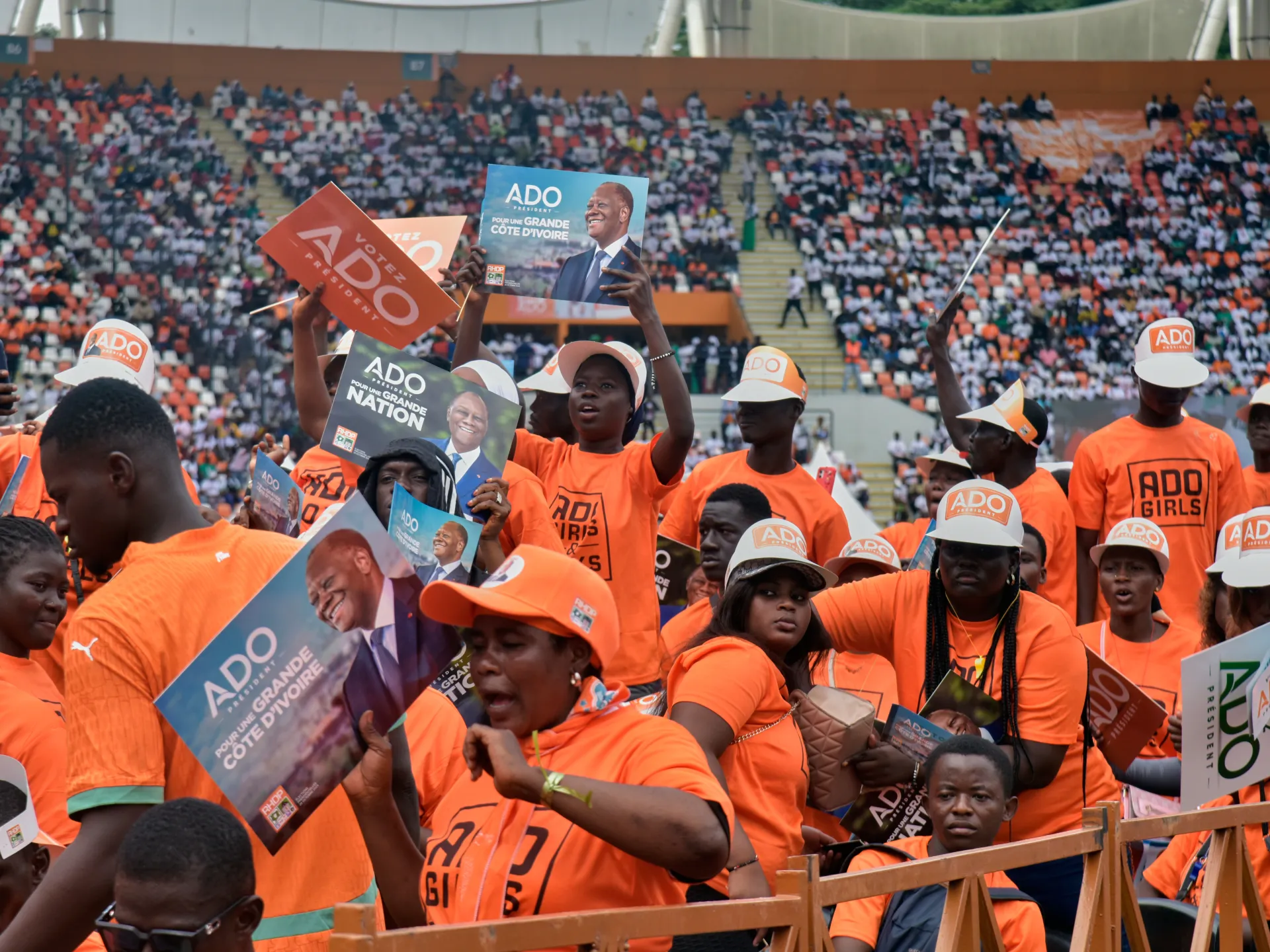Copyright The Boston Globe

The New York City mayoral circus It’s been decades since an off-year election has commanded as much national curiosity as this year’s race for mayor of New York City. The race started out between the first-term mayor Eric Adams, under federal indictment; Andrew Cuomo, who was looking for a political comeback after resigning as New York governor in disgrace; Curtis Silwa, the colorful, beret-wearing Republican founder of Guardian Angels; and 34-year-old state Assemblyman Zohran Mamdani. Mamdani has become a national political force with his social media talent and anti-establishment views. A Democratic-socialist with anti-Zionist views in a city that is the hub of American capitalism and Jewish diaspora flipped the race on its head when he won the Democratic primary. There were calls for Cuomo to give it up after he lost the Democratic primary. He launched an independent bid instead. Silwa ignored calls to drop out to consolidate the opposition to Mamdani. Adams eventually dropped out and endorsed Cuomo. Heading into Election Day, the polls have been clear that Mamdani is the favorite. If he wins, he will likely bring joy to liberals around the country and to Republicans who want to use him as a foil. So this isn’t merely a mayor’s race. It’s the latest test of whether urban Democrats will keep moving left or recoil toward the center. It’s a question with echoes far beyond the Hudson River. The New Jersey governor’s race: a stress test for Democrats On the other side of the Hudson, New Jersey voters are choosing a successor to two-term Democratic Governor Phil Murphy, who is term-limited. For context, Murphy is about as unpopular as Trump in the Garden State, which is what has made things so interesting. Democrat Mikie Sherrill, the congresswoman and former Navy pilot, has run a disciplined campaign built on competence and suburban pragmatism. She has emphasized property tax relief, small business aid, and abortion rights. Her Republican opponent, Jack Ciattarelli, is a familiar face: He nearly beat Murphy in 2021 and has spent the past four years courting independents and hammering away at the state’s cost of living. The race is considered a toss-up. A Monmouth University poll last week found Sherrill leading Ciattarelli 49 to 46, within the margin of error. The campaigns have shattered spending records, each topping $50 million in ad buys. What’s being debated is as much cultural as fiscal: whether New Jersey’s middle-class voters — squeezed by housing costs and skeptical of Washington — still feel aligned with the Democratic brand. Ciattarelli has kept Trump at arm’s length while adopting his populist tone, describing Trenton as “the swamp’s little brother.” Sherrill, meanwhile, warns that a Ciattarelli victory would undo abortion protections and climate initiatives. New Jersey off-year elections have a knack for humbling overconfident parties. If Democrats lose, it would send an unmistakable warning flare ahead of 2026. If they win narrowly, it will still show erosion at the margins that once defined their suburban firewall. The Virginia governor’s race: where the federal government shutdown looms the most Probably nowhere in the country is the government shutdown felt more directly than in Virginia. There are nearly half a million civilian and military federal government employees who live in the commonwealth who either haven’t been paid in the last month or are about to miss a paycheck. So far that has benefited the Democratic nominee, Abigail Spanberger, a three-term congresswoman from the Richmond suburbs known for her centrist appeal and background as a former CIA officer. Republicans picked Lieutenant Governor Winsome Earle-Sears. Democrats have tried to link Earle-Sears to Trump, who is unpopular in the state. Republicans have tried to tie Spanberger to the Democratic candidate for attorney general, who has been embroiled in a text message scandal in which he sent messages that appeared to advocate for political violence. Polls have consistently found that Spanberger has a double-digit lead. California’s redistricting referendum States seldom spotlight redistricting questions outside of the decennial cycle — yet in California voters face Proposition 50, a high-stakes vote about how congressional district lines should be drawn in the Golden State. A “Yes” vote would hand the Legislature power to redraw maps in 2026 through 2030 — temporarily bypassing a newly created independent commission. Why it matters: While redistricting might seem wonky, this particular referendum is framed as a direct countermove to partisan map-making in other states. Should this pass, the Democratic-controlled Legislature will likely go ahead with new maps that will likely gain Democrats five seats, to wipe out any five-seat advantage Republicans tried to get in Texas by redistricting a few months ago. Polling has found that the yes side is handily winning. Maine referendum on restricting voting access In Maine, voters will be asked to decide on a citizen initiative that would eliminate two days of absentee voting, prohibit requests for absentee ballots by phone or by family members, end ongoing absentee-voter status for seniors or disabled persons, ban prepaid postage for absentee ballots, limit drop-boxes, and require certain photo ID before voting. What’s interesting is that either side of the question is emphasizing completely different things. To those who want it passed, it is a question about voter ID, which is popular. To those who want it defeated, it is about restricting absentee voting. They are both right. Here, too, there could be national implications, given the competitive Senate and House races in the state in the midterm elections. Pennsylvania’s Supreme Court showdown And then there’s Pennsylvania, where the most consequential election on Tuesday might not involve any governor or mayor at all, but rather a handful of judges. Currently, Democrats have a 5 to 2 majority on the state Supreme Court. Three justices of the state’s Supreme Court, all Democrats, face up-or-down retention elections Tuesday, that, in normal times, would be sleepy formalities. Not this year. Conservative groups, fueled by out-of-state money, have launched a coordinated campaign urging voters to oust the incumbents, citing frustrations over pandemic-era rulings and election-law cases. Liberal organizations, unions, and Governor Josh Shapiro’s network have responded with millions in advertising urging “Yes on Retention” votes to preserve what they call a “pro-democracy majority.” Even former president Barack Obama has weighed in. At issue is more than judicial temperament. Pennsylvania’s high court is the final arbiter on redistricting, mail-in voting rules, and potential 2026 election challenges. Republicans currently hold majorities in both legislative chambers; flipping even one Supreme Court seat through nonretention could hand them a structural advantage ahead of the next round of congressional mapping. Polling is scarce — retention races rarely draw it — but only one judge has lost these races in the last 20 years. Still, the fact that judicial retention has become the most expensive statewide campaign in Pennsylvania history tells you everything about how politicized the courts have become and how important a swing state Pennsylvania is these days. Other items of note JD Vance’s half-brother is running for mayor of Cincinnati. Cory Bowman, pastor and coffee-shop owner, advanced from the nonpartisan primary and faces incumbent Aftab Pureval. Though the odds are long — the city leans heavily Democratic — the familial link to national politics gives it national interest. The mayoral race in Miami is likewise getting buzz for its volatility. At first, it was whether the open-seat election would be delayed by a year. And now it is a 13-way free-for-all that will ask whether the huge gains Republicans had there in 2024 will stick. Remember that whoever wins will partially oversee the development of a Trump presidential library. For bellwethers watchers: The special election in New York Assembly District 115 (covering Clinton and Franklin counties and part of Essex County) pits Democrat Michael Cashman against Republican Brent Davison — in a district previously held by Democrat Billy Jones. Meanwhile, in New Hampshire’s North Country, a special election for state representative in a district that in 2020 voted for President Joe Biden and in 2024 for Trump has obvious interest. James Pindell is a Globe political reporter who reports and analyzes American politics, especially in New England.



